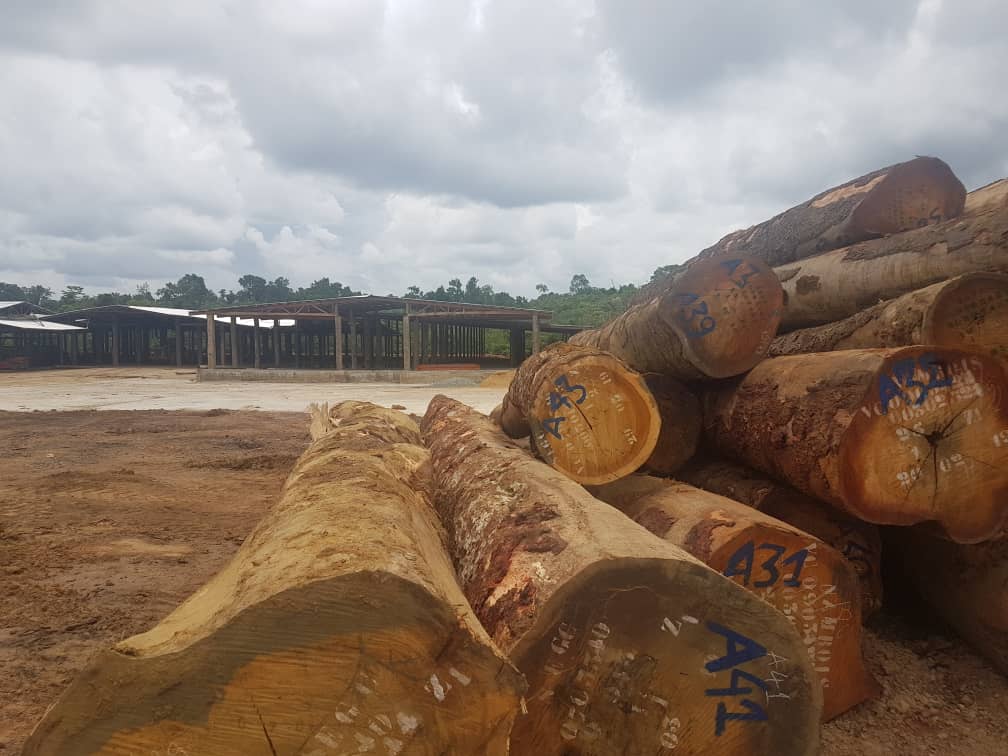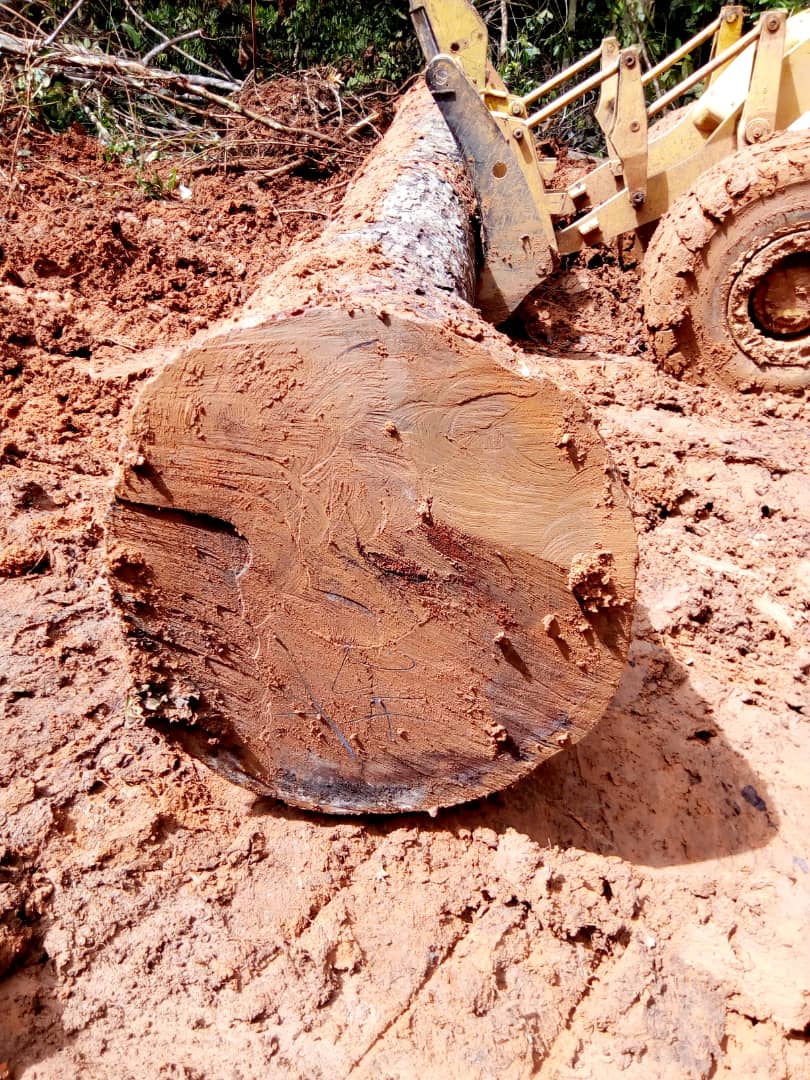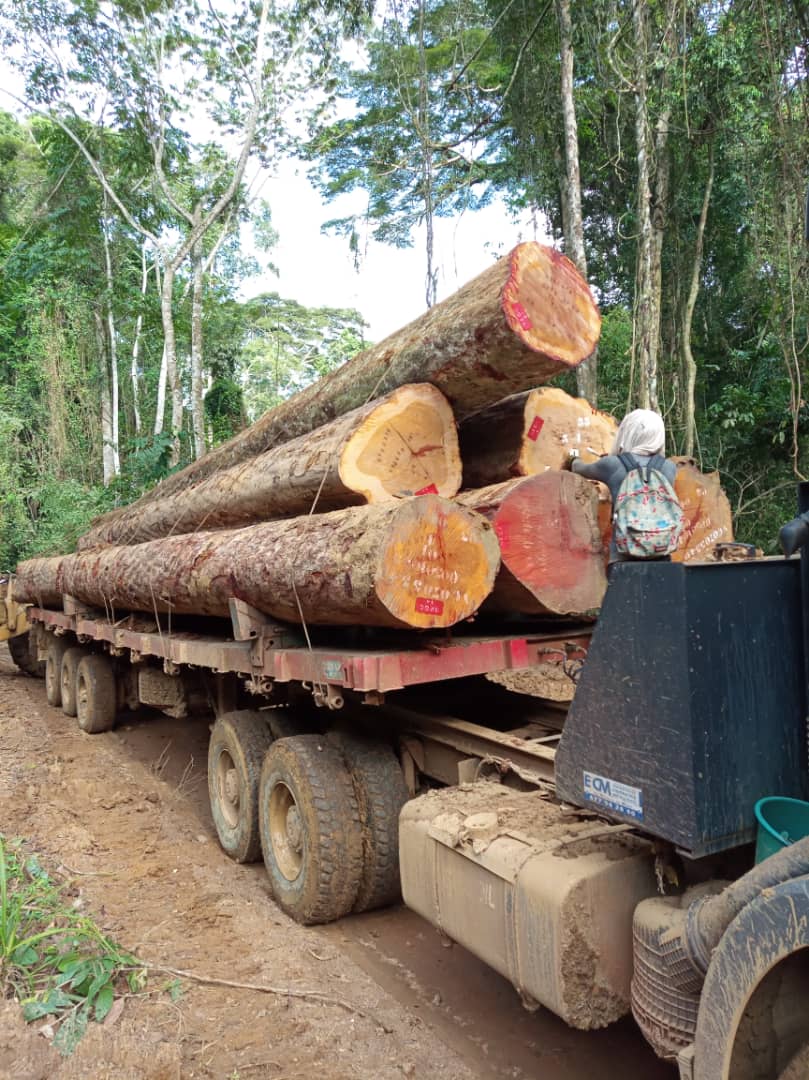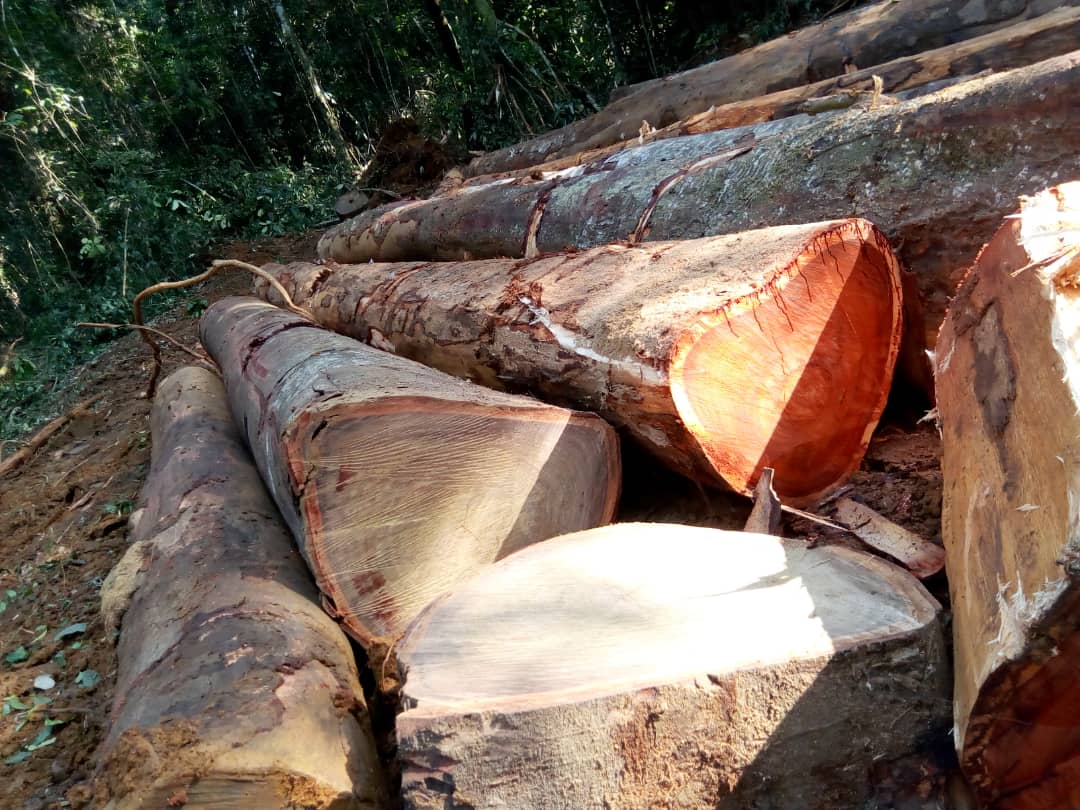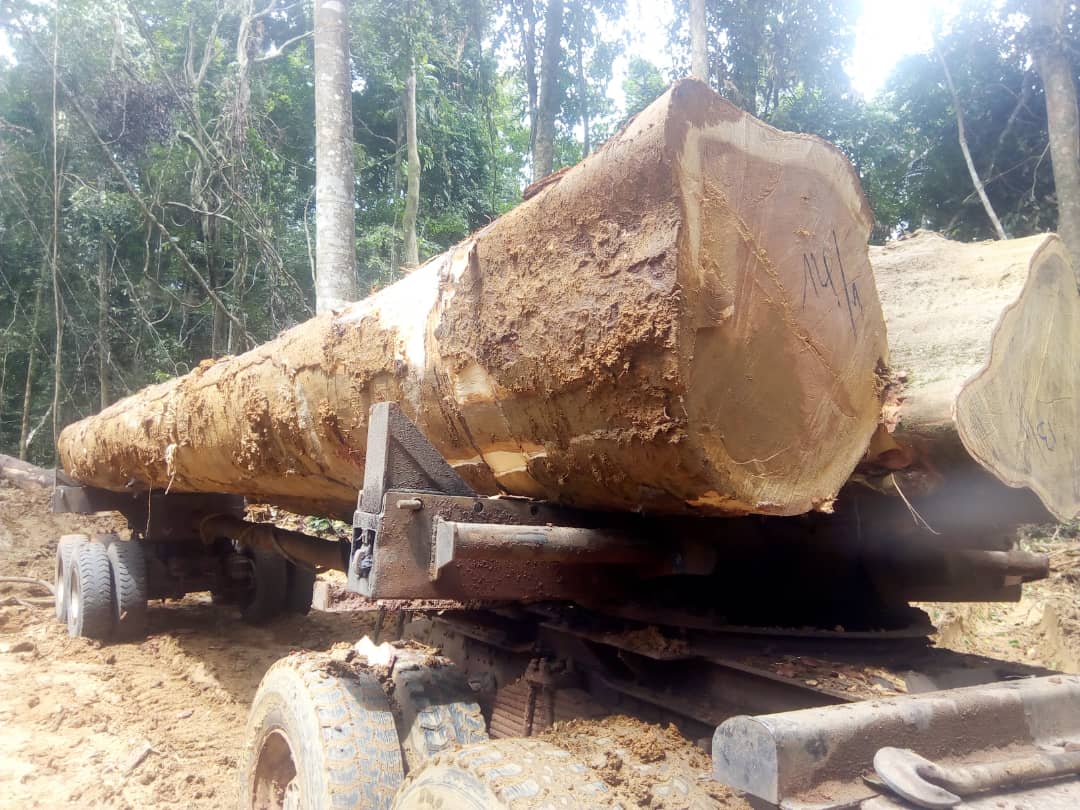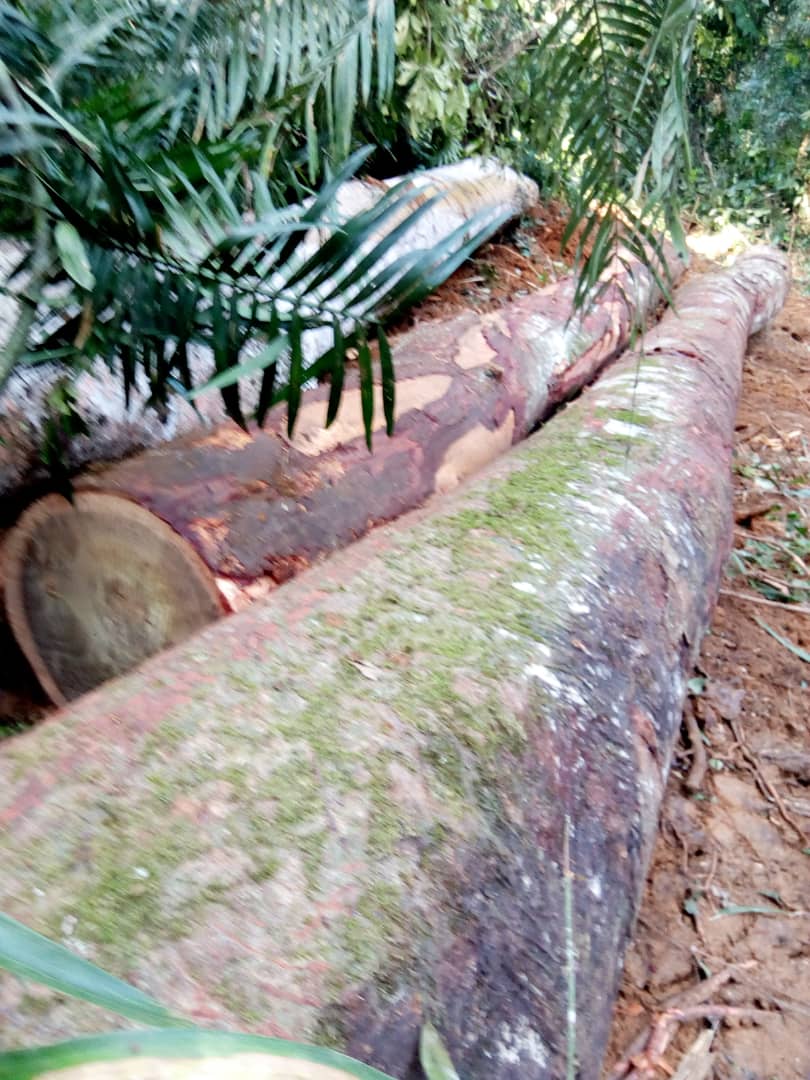Societe d’Exploitation Des Grumes du Cameroun (SEGC) established in 1995, is a licensed lumber company incorporated in the country of Cameroon, West Africa.
The company is environmentally and socially responsible. SEGC’s exploitation, procedures and practices are grounded to the rules and regulations set forth by the local administration, concerning the harvesting of local trees are strictly adhered to and respected. The company is also involved with local community projects such as road improvement, rural bridge construction and repairs. SEGC’s policy of working to improve roads and bridges benefits the local communities and SEGC simultaneously. For example, Local communities get access to better roads reducing traveling time. This in turn helps the local farmers to get their produce to markets sooner. SEGC benefits as the improved roads and bridges decreases the amount of time it takes for felled trees and their byproducts to get to final destinations.
SEGC is also committed to processing 80% of its timber harvest reducing waste. Our goal at SEGC is to find ways to yield as much from the natural resources harvested in order to create value added commodities which will boost its profits and create jobs for the local economy through product expansion. For example, compressed wood, pellets and many others.
The company is looking to improve its authorization of area of harvesting (Long term management forest) through bidding or partnership. Also, an OLB certification is one of our main focus to bring about more credibility and traceability to both our lumber and timber.
SEGC is committed to processing no less than 80% of timber harvested reducing waste. By creating value added products we aim to create more jobs and boost profits. What would otherwise have been waste would serve to make compressed wood, pellets and the rest of the residue to generate energy to run kilns.
At SEGC we know that sustainability of Cameroon’s forests depends on establishing a broader base of wood species to avoid the over-harvesting of more popular wood species. That is why we plan to commerce exploitation of some lesser known but potentially equivalent hardwood species.
